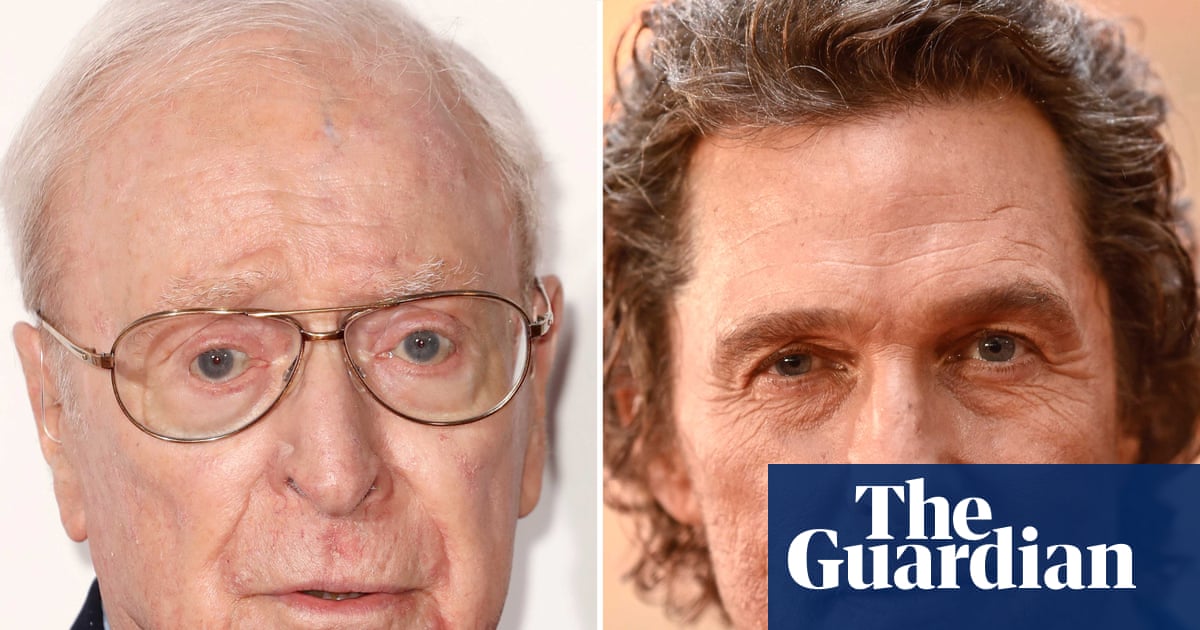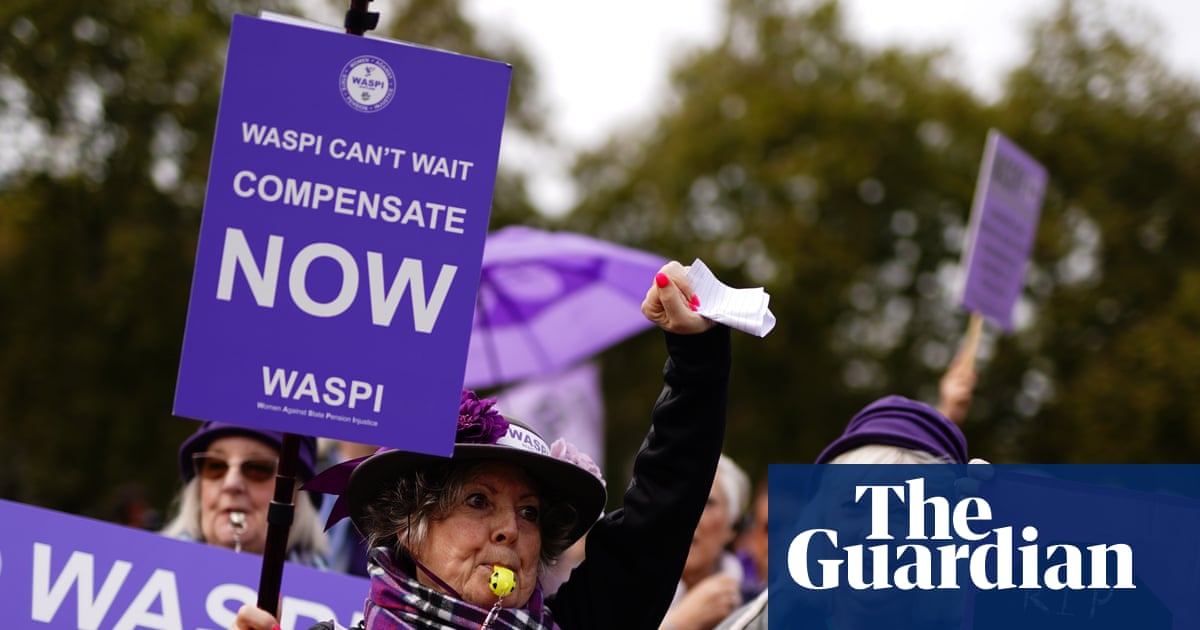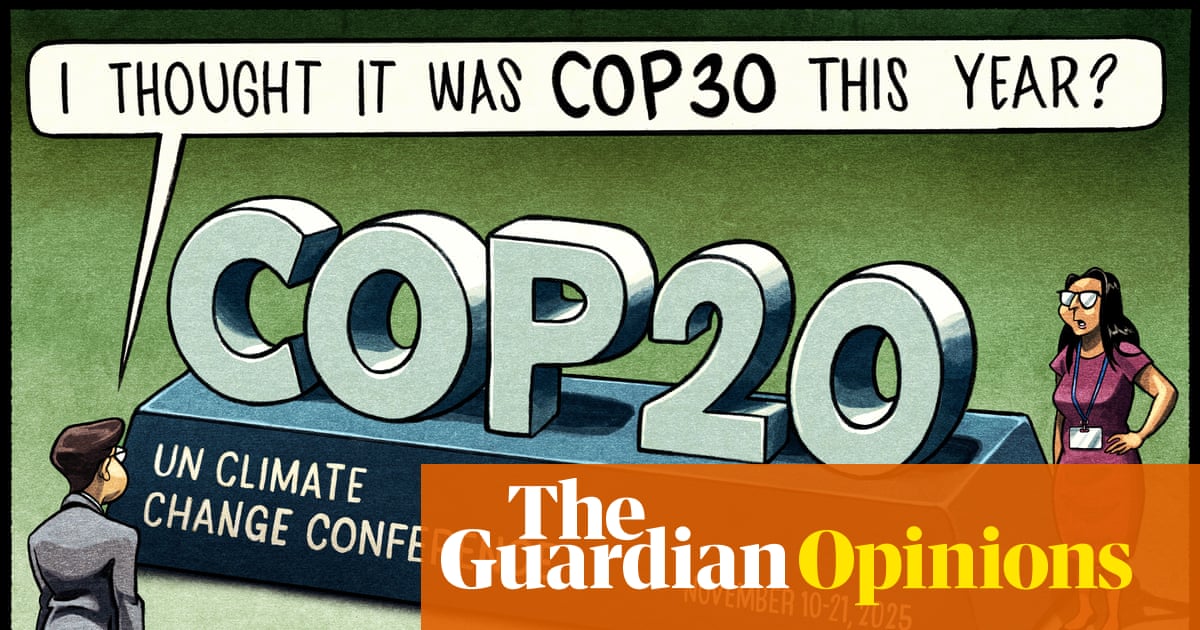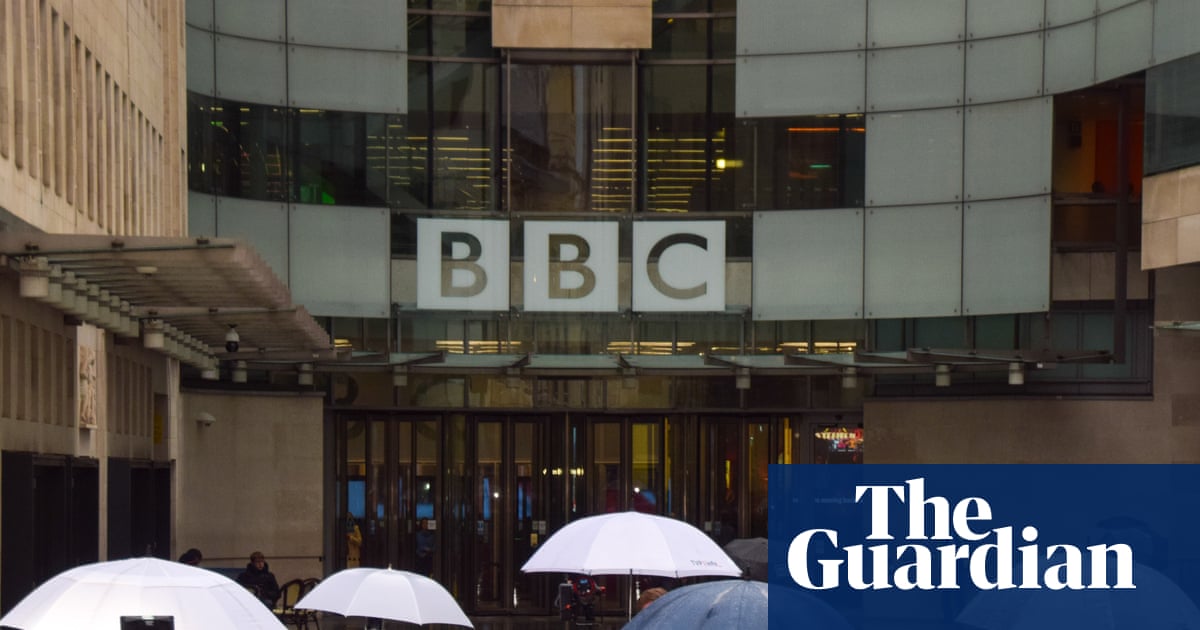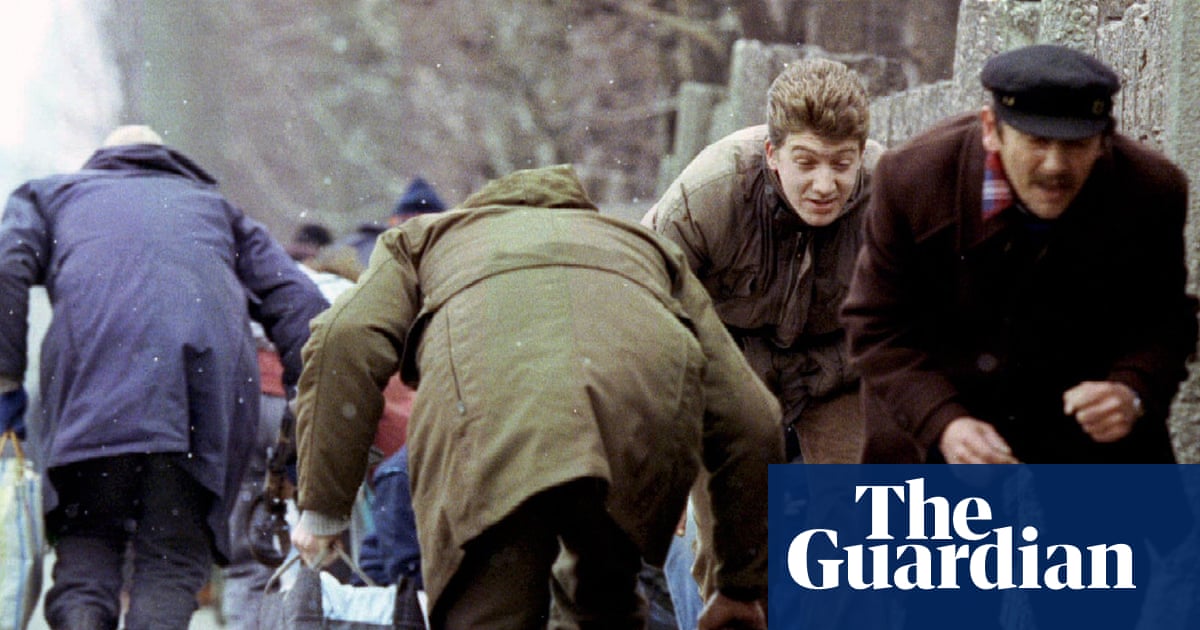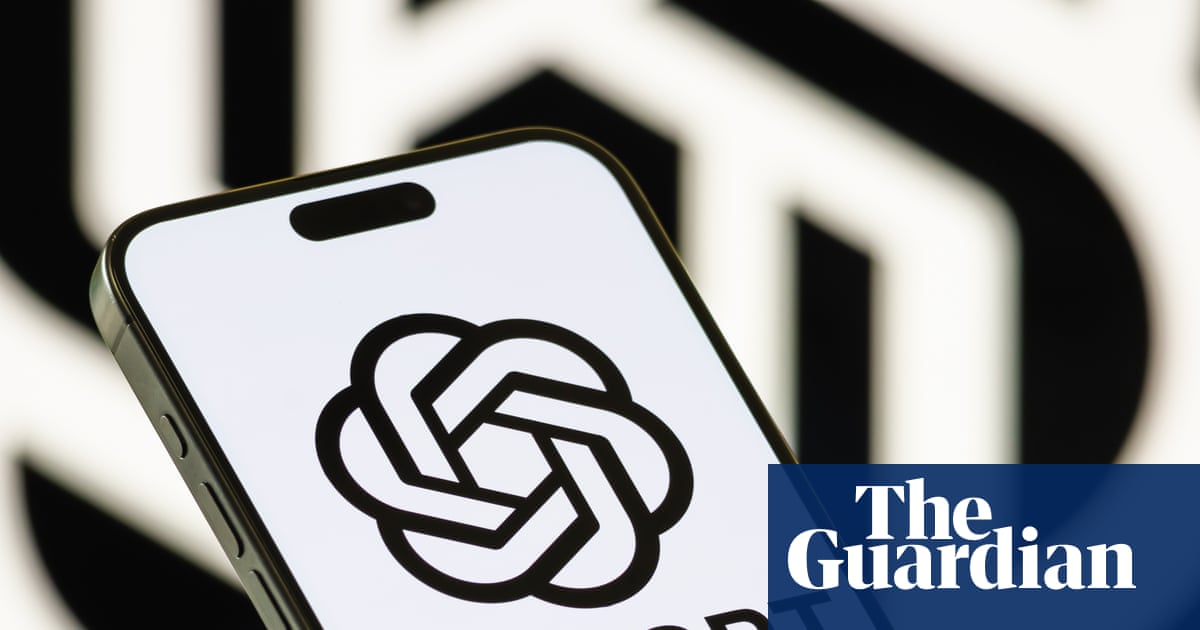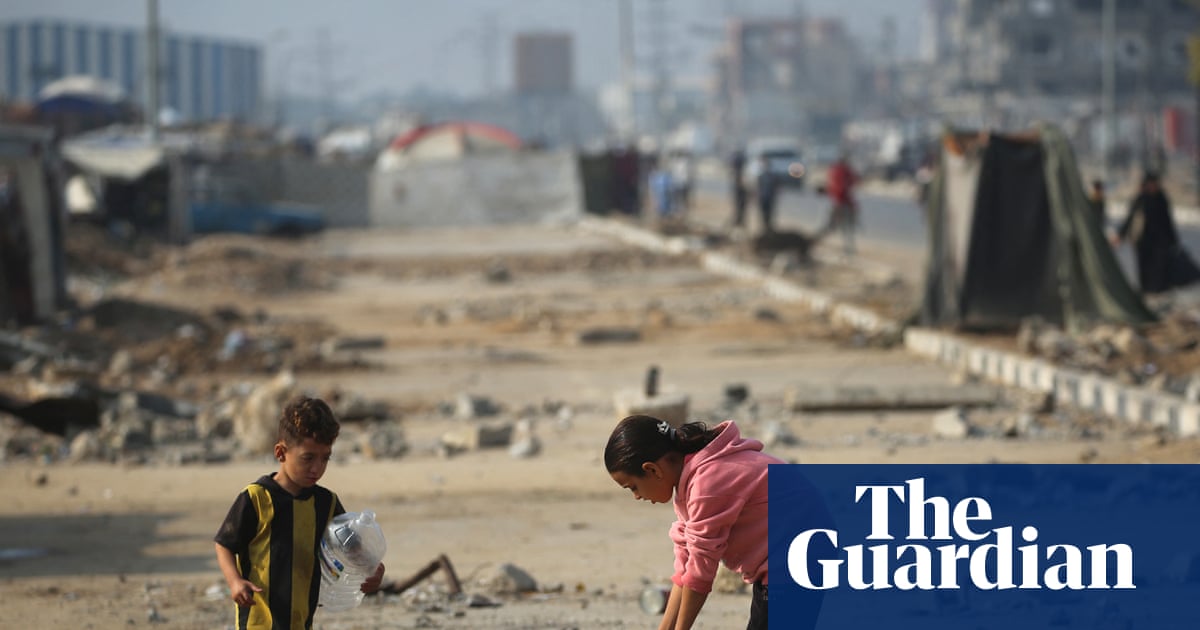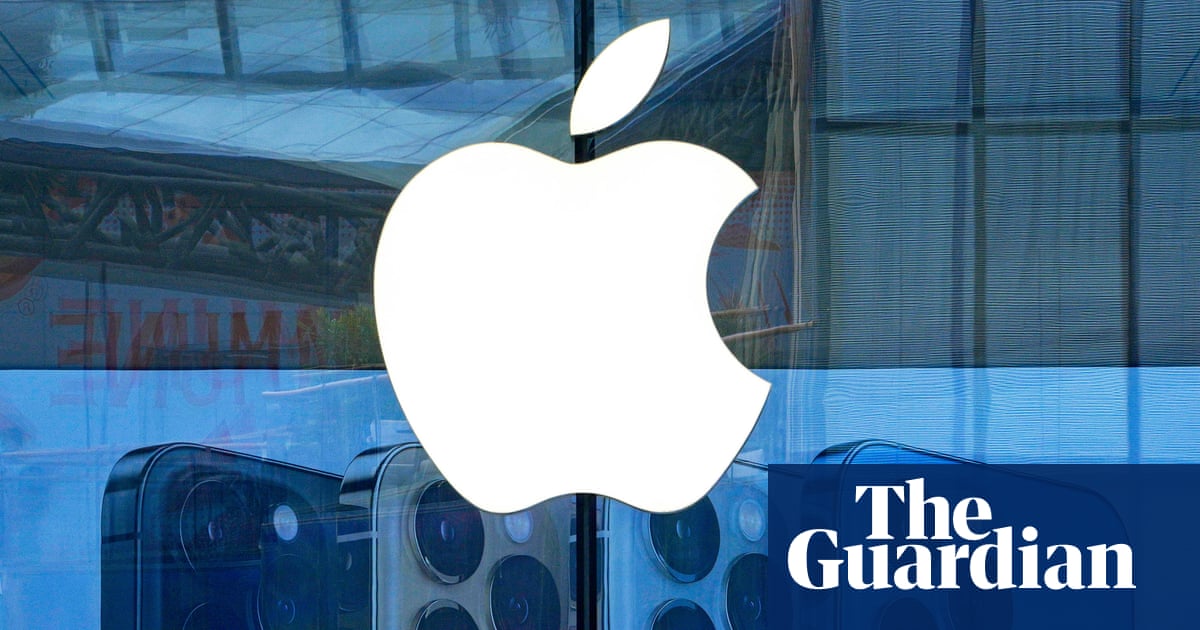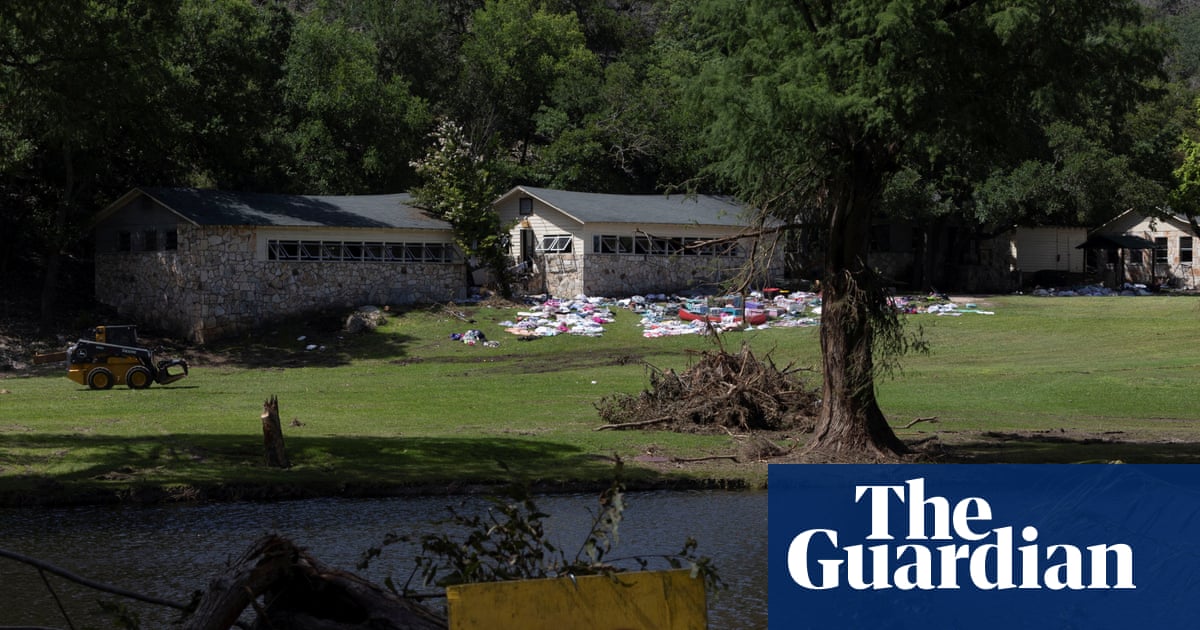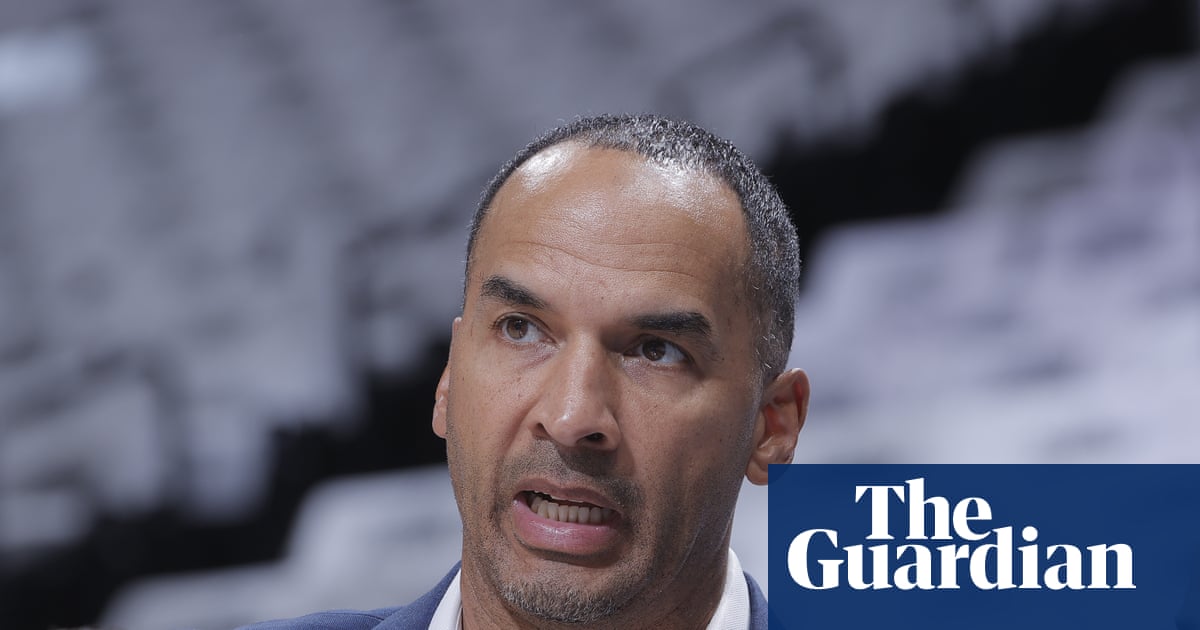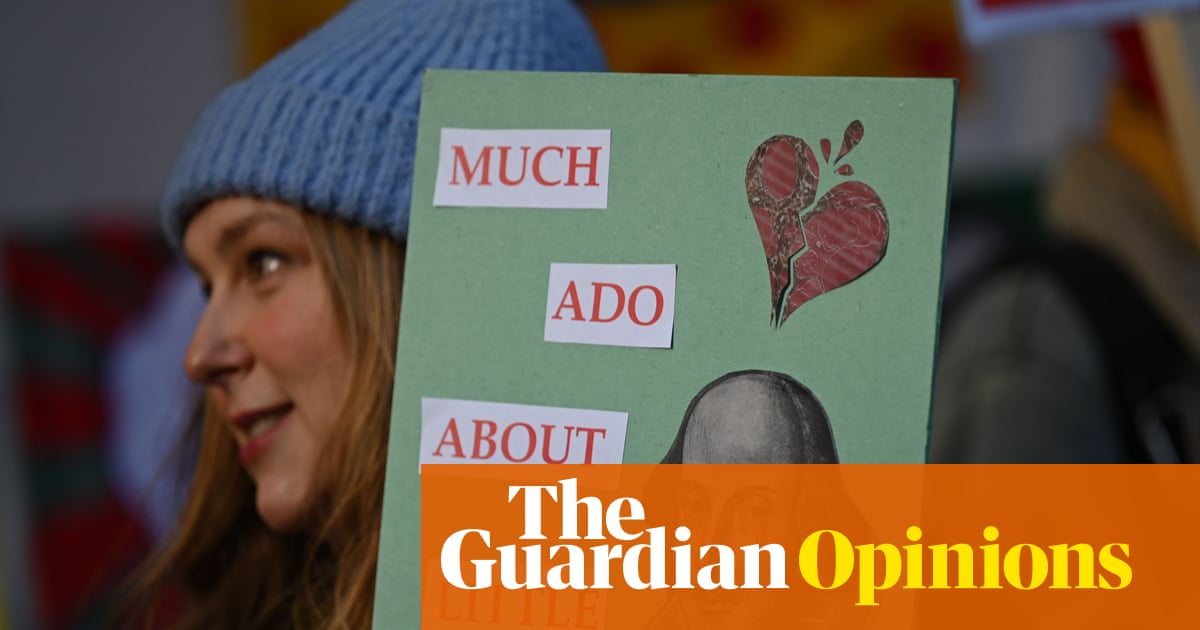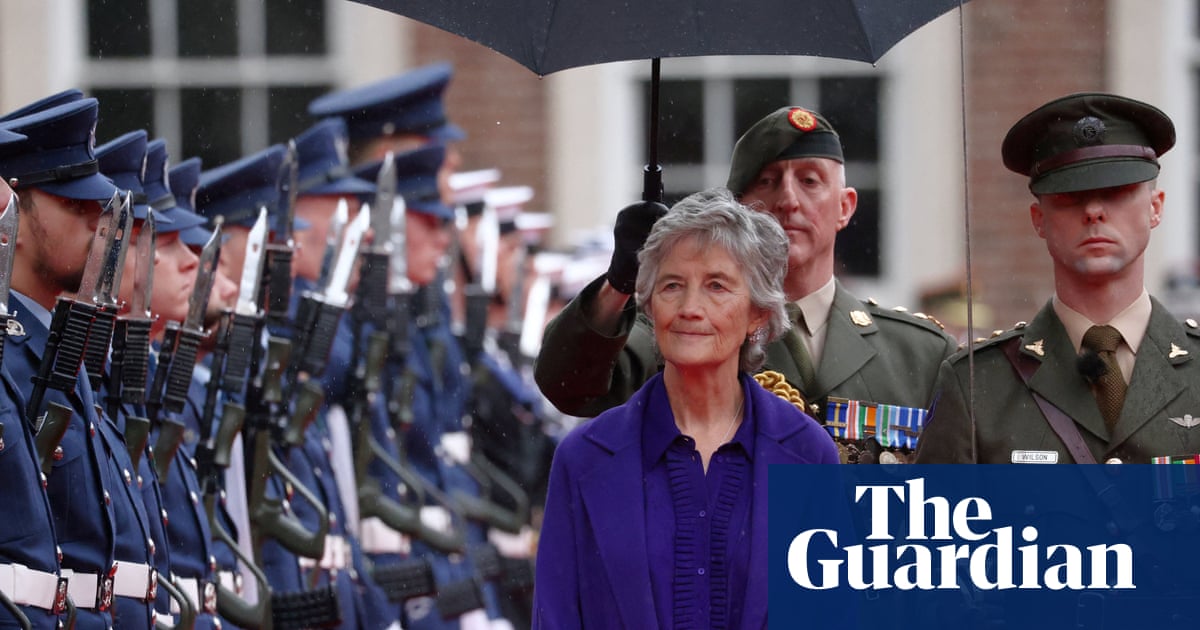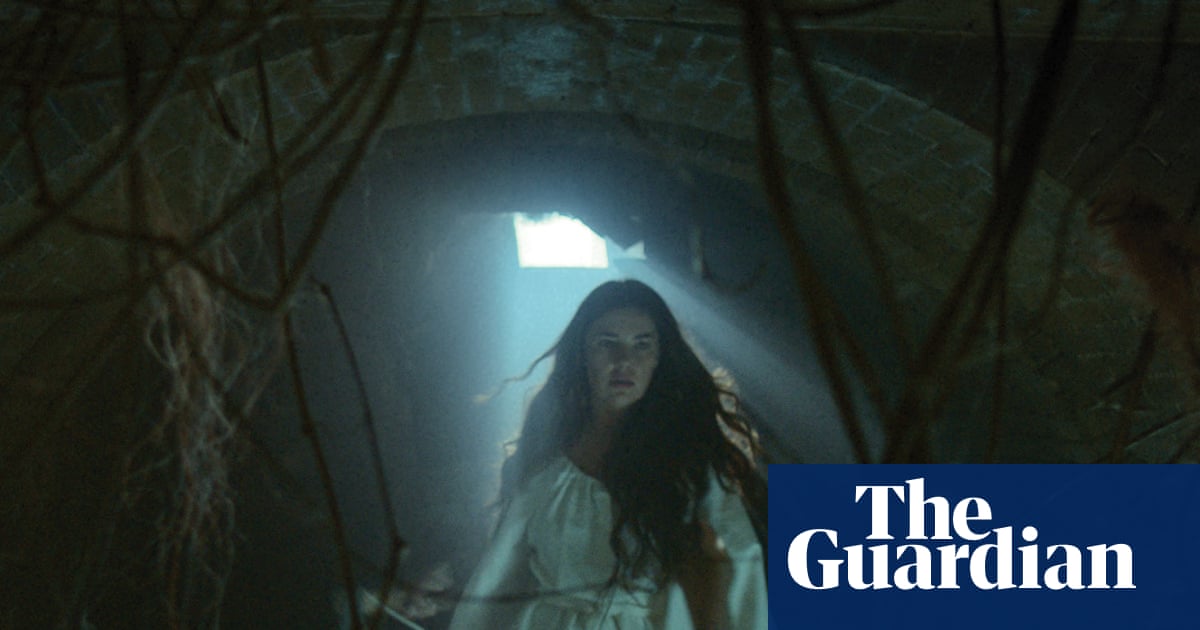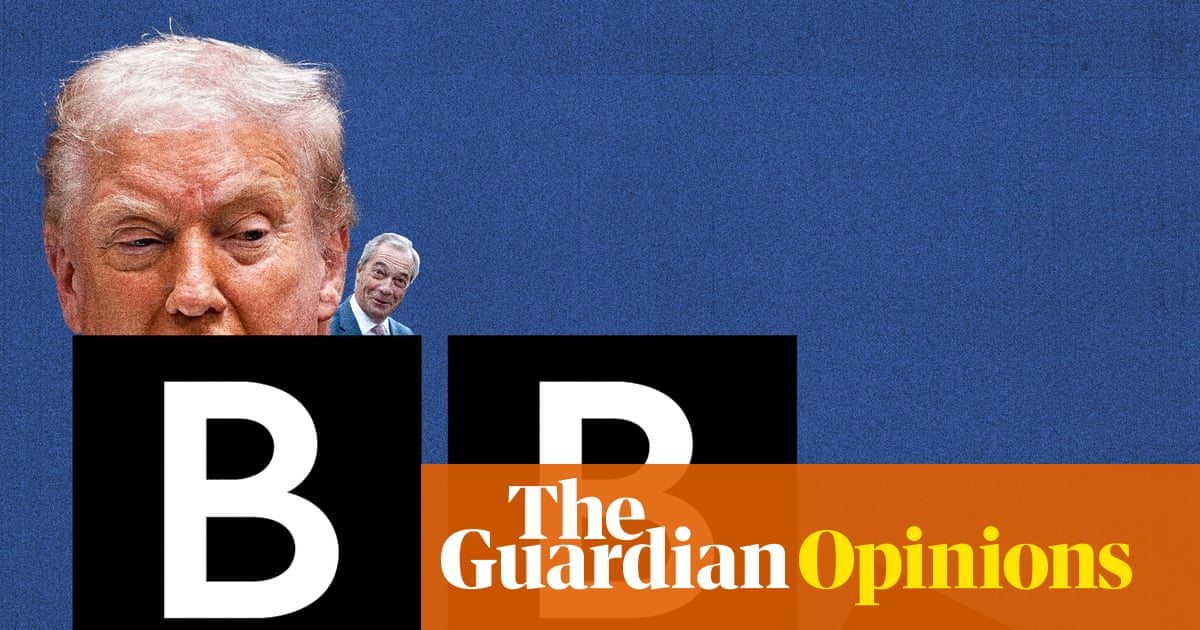The BBC is battered and sprawling on the canvas again. As a corporation executive, I lived through a number of these episodes: the Hutton report into coverage of Iraq, which resulted in the resignation of Greg Dyke as director general; and then the Jimmy Savile revelations, which helped force out George Entwistle, even though he had nothing to do with the appalling crimes of history. Now Tim Davie has resigned over the misleading editing of a Panorama programme, and the BBC’s enemies haven’t just scented blood: they have got it.
There is only one response, and that is to get up and fight. As digital nonsense and lies swamp us every day, and tech billionaires in foreign countries decide what we see and hear, there is a stronger case than ever for British content and for journalism that serves the people of the UK – with some of those old-fashioned things such as honesty, accuracy and truth. Despite all the attacks upon it, and the whippings it administers to itself, the BBC is the country’s most trusted broadcaster. Its reach and its universality are why its foes hate it.
But the BBC has to change, too. Some of its travails have been because sometimes it hasn’t been good enough. Its journalism is required by royal charter to be of a higher quality and more distinctive than the market alone can provide; and that isn’t consistently the case. It has fallen for rookie errors – the failure to identify the family of the narrator of a documentary about Gaza, the indefensible editing of Trump – that suggest a lack of managerial grip. Excellence, and the application of intelligence, are not consistent in BBC output; and recently the overwhelming number of puff pieces about Celebrity Traitors suggest a susceptibility in the newsroom for marketing mania with limp journalism.
More challenging is the question of how it responds to the allegations of bias or being on the wrong side (however you define that) of the culture wars. Here the BBC is in a unique position, because it is the only media organisation in the UK funded by a compulsory licence fee – which is another reason why commercial organisations hack away at it. But with that requirement for everyone to pay for the corporation comes the obligation that the BBC should reflect all its audiences – nationalists, unionists, Reform voters in Clacton or Greens in Brighton.
My own judgment is that the BBC has historically avoided a party political bias, but it has a well-meaning liberalism – it wants to be a force for good in the world – that can be inspiring to many but alienating to others. The BBC never truly understood the leave voters in the EU referendum, and over the years it has been nervous about providing a platform for opponents of large-scale immigration, thus ceding the territory to tabloid newspapers and GB News. It never got the forces driving Jeremy Corbyn, either.
This reinforces that it is different from any other platform which leans one way or the other, and which may endorse political parties in an election campaign. Newspaper readerships were traditionally attracted to good journalism, certainly, but also by positions in a particular zone of the political spectrum with columnists and story selection to match. The BBC has to rely on its future funding from left and right and centre, and to navigate an editorial path through the massively more diverse and polarised nation that we have become.
And that, I believe, is rather an exciting thing to do. A teeming public space where we can all meet and test ideas is something we’d need to invent if it didn’t already exist, and the virtues of a national conversation are obvious if you compare it with the anger-filled silos of social media. But with this comes obligations. You cannot start from the principle that some conscientiously held views are right and others are wrong; most acutely, arguments for trans rights and women’s rights must both be heard and not shouted down. Social progress over the centuries has been driven by open debate. In the even more disputed international reporting, the strengths and failures of the Israeli and Palestinian arguments must all be examined, and awkward facts can’t be avoided.
That’s why debates about BBC bias so often miss the point. The rationale of the BBC should be to reflect the world as it is, to analyse it and to expose us to views we may disagree with or even find upsetting or distasteful. The time to worry is if everything we see or hear reflects our own perspective. It is why political interference should be implacably resisted, too: in the end, every politician just wants to hear more from their own party and it would like the questioning to be as docile as possible. Instead we should be hearing from every party in Westminster and subjecting them to grillings about how they respond to the concerns of voters. A current BBC sin is talking endlessly about Reform but not interrogating their policies. It is of a piece with broadcasters egging on Ed Davey to fall off sailboards during the election campaign as if those photo ops mattered more than his policies on tax and spend.
So my proposal is to task the BBC’s journalism with working even harder to include everybody and every opinion that is within the law, and not to shirk from controversy. It doesn’t need yet more layers of regulation – just a commitment to public service and the accountability that admits when it gets it wrong. Directors general should not be judged and risk decapitation on the basis of individual mistakes. Instead, the best assessment is how the BBC tells us more about ourselves and each other and how we might live together in the future.
after newsletter promotion
-
Roger Mosey is a former head of BBC TV News
-
Do you have an opinion on the issues raised in this article? If you would like to submit a response of up to 300 words by email to be considered for publication in our letters section, please click here.

 2 hours ago
4
2 hours ago
4
